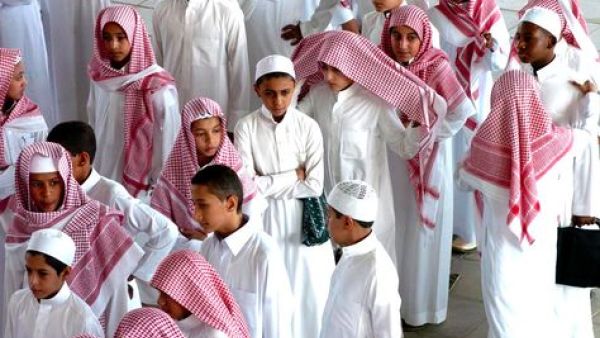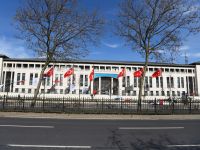Investment in education, it seems, is all too often seen as a frill or an extra by those in charge of it. It is true, I suppose, that other needs can seem more pressing — such as health care or support for industry that will determine our long-term fiscal wellbeing as a society. Certainly, there are more glamorous concerns for the government to deal with.
However, we ignore funding for public education at our own great peril. In many ways, it may seem that education in Saudi Arabia is hardly in a state of crisis. We have very high literacy rates for both men and women, and the average years spent in school (again, for both genders) rivals the best in the world. There is no doubt at all that higher education is in demand and that postsecondary institutions have been popping up to meet that demand. These facts have a tendency to lull the average person into a state of complacency. And if there are perceived deficiencies in the quality or type of our primary and secondary education, private schools step in to fill in the gap, offering a type and quality of specialized program and personal attention that our public schools may be unable to fulfill. There is nothing wrong with the emergence and establishment of private schools; after all, they represent a broader range of choices for parents.
Private schools co-exist with the public system all over the world and each type of institution has its promoters and detractors. With the healthy presence of both, a fine balance can be reached. But there is a danger inherent in over reliance on private schools, which occurs inevitably when deep deficiencies in public schooling are allowed to exist and persist.
The effect can be pernicious. When parents send their children to private schools not because it is their preference, but because they feel they have “no choice,” an essential balance has been violated. To complicate matters, the Ministry of Education may be tempted to regard the proliferation of private schools as a mandate or a justification for ignoring the needs of public education. It may seem that the private system has taken up the slack, offering an opportunity for significant savings through shifting the cost of education onto parents.
Unfortunately, these savings come at the expense of those more vulnerable families who cannot afford private schooling. The division between the rich and the poor becomes ever deeper and more entrenched, and will be carried forward generationally if the children of the rich receive significantly better primary education. To avoid these negative social effects, the Ministry of Education must take action now to improve the quality of the education that is available to all families. This means more spending for school resources and grounds maintenance; training teachers in the most current pedagogical methods to deal with children’s diverse needs and learning styles; and, perhaps most importantly, hiring sufficient teachers and classroom assistants so that class size remains small. There is nothing more frustrating to teachers and detrimental to learning outcomes than classes that are too large to manage effectively.
It is only through taking these measures that we can ensure long term health and social capital in our country.
By Alaa Alghamdi








